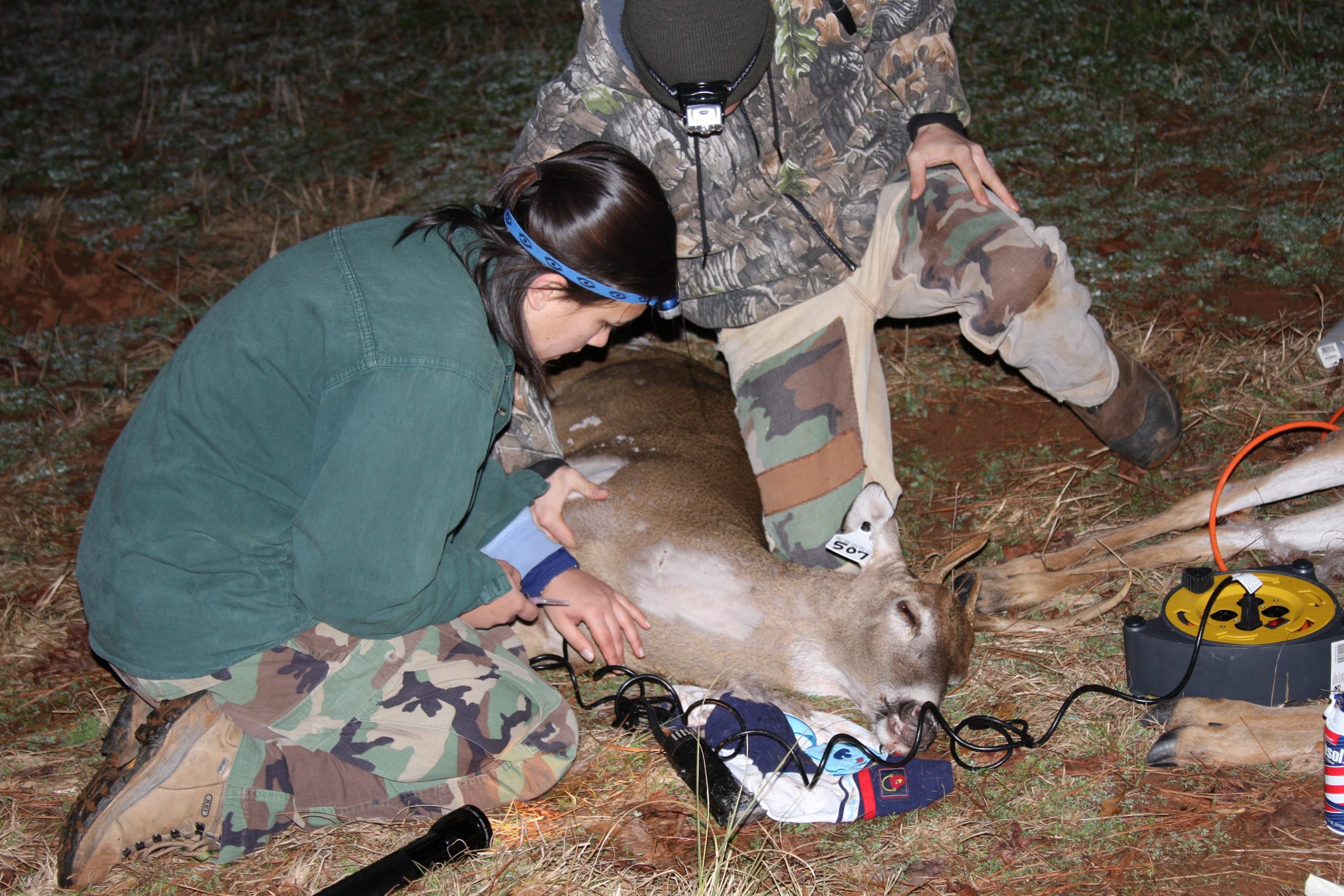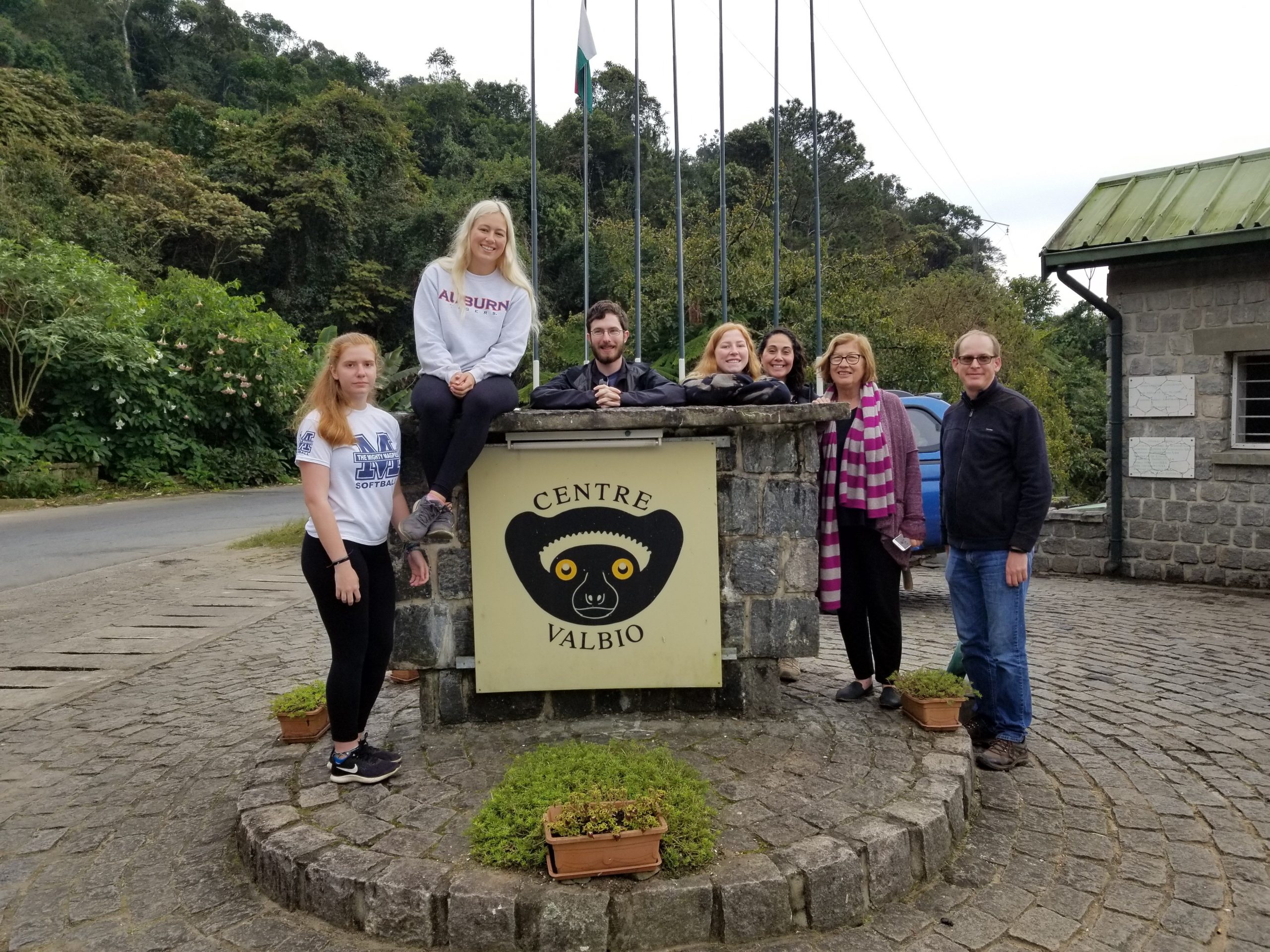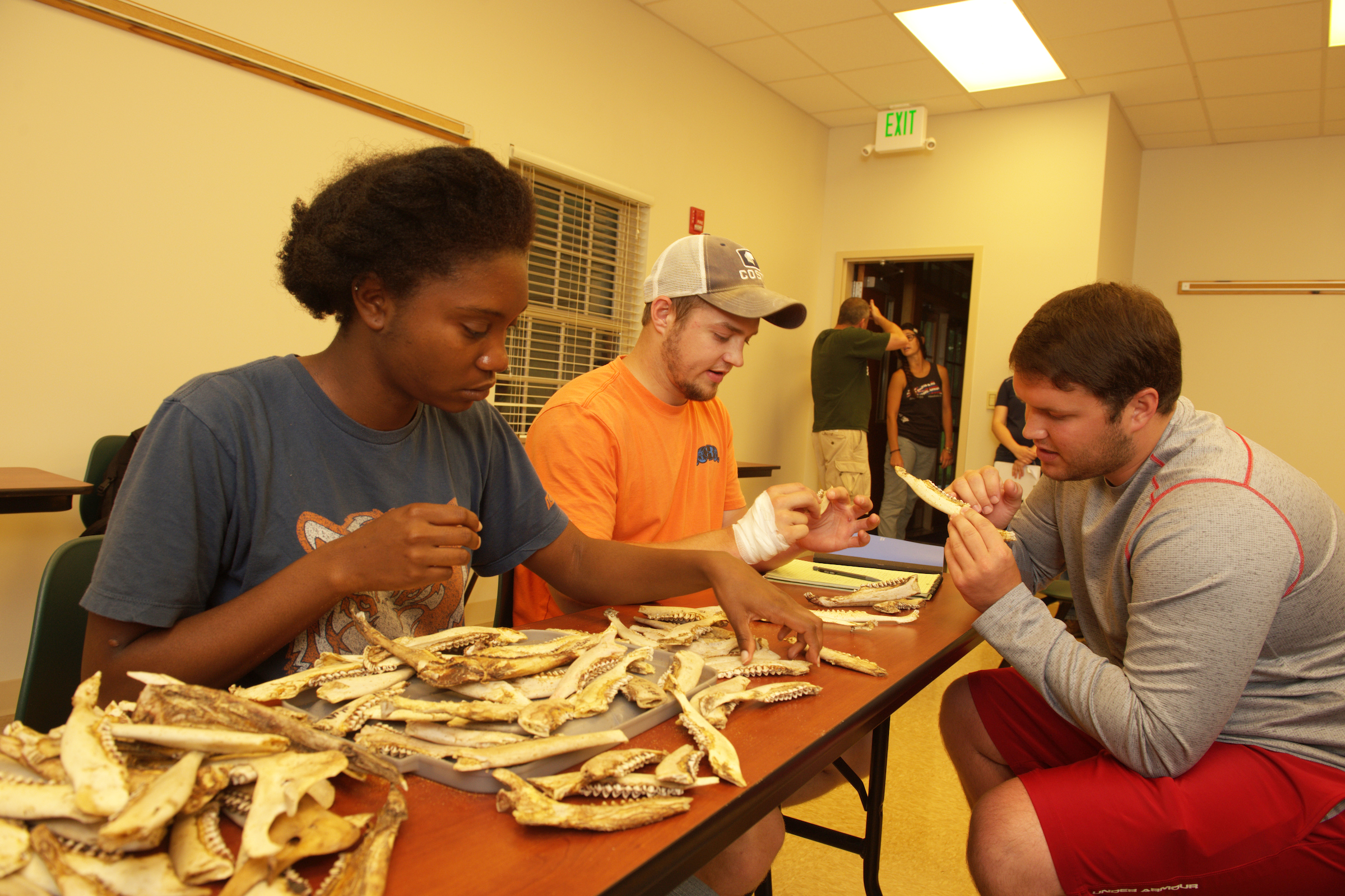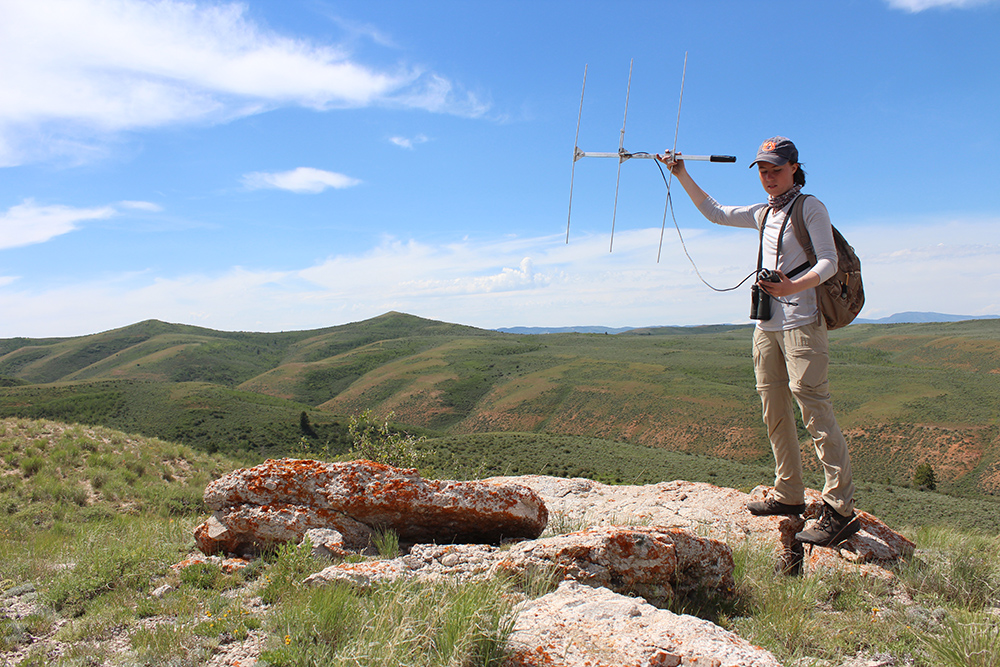Wildlife Ecology & Management
Wildlife ecology and management applies science-based knowledge for the effective management and conservation of a vast array of wildlife species and the habitats they occupy, including game and non-game species.

Located in the East Central region of Alabama, the Auburn University College of Forestry, Wildlife and Environment, or CFWE, offers easy access to the abundant forests, rivers and streams, and waterways that make this state one of the most biologically diverse in the nation. These diverse natural habitats, which span from the Gulf of Mexico to the Tennessee Valley, make Alabama an ideal place for education and careers in natural resources. Established in 1856 as a land-grant institution, Auburn University offers an excellent value and quality of life for its students. Auburn University, which is situated within the idyllic community of Auburn, consistently ranks as a “Top 50 Public Universities” in the country by U.S. News and World Report and has been voted the “Best College in the State” by Forbes Magazine. Boasting annual enrollment at nearly 30,000, Auburn has also been voted one of the “Best Values in Public Colleges” by Kiplinger with 98% of Auburn alumni polled highly rating their decision to attend Auburn.

Whether it be working with endangered species, with farmers to help mitigate agricultural depredation by wildlife, or with the CDC to understand the role of wildlife populations as carriers of disease, the Wildlife Ecology and Management degree program provides a broad biological education that is specifically designed to meet the needs of students interested in careers involving wildlife ecology, management, and conservation.

The College of Forestry, Wildlife and Environment welcomes transfer students who wish to apply up to 60 semester hours of credit toward their degree program at Auburn University. The school has also forged cooperative transfer programs for students who are earning credit toward their degrees at University of West Alabama and others. A partnership with Southern Union State Community College also offers a Path to the Plains where students may take classes simultaneously at both institutions until their junior year, where they will fully enroll at Auburn.
If you have any questions about Auburn’s grade point requirements for transfer students, transferring or would like an academic advisor to evaluate your transcripts, please call our Student Services office at 334-844-1001 or e-mail workingwithnature@auburn.edu. Learn more about Auburn’s cooperative transfer programs.

During their four years at Auburn, students are exposed to field experiences through outdoor labs and work opportunities. For a hands-on introduction to field work, students in the wildlife program spend a portion of the summer between their third and fourth years at our summer practicum program where they have the opportunity to work hands-on with a number of wildlife species that have included white-tailed deer, wild pigs, southern flying squirrels and other small mammals, as well as reptiles and amphibians.

Our students are trained to address issues involving free-ranging wildlife populations and are sought after by state and federal agencies due to their high level of technical ability. Others carve their niche as youth education specialists, thereby ensuring the next generation understands and appreciates the natural world. Whatever their ultimate destination, wildlife ecology and management graduates are making an impact in diverse career fields such as:
- Policy and Regulatory Agencies
- Conservation Biology
- Law Enforcement
- Land and Resource Management
- Wildlife Management
- Eco-tourism Operations









